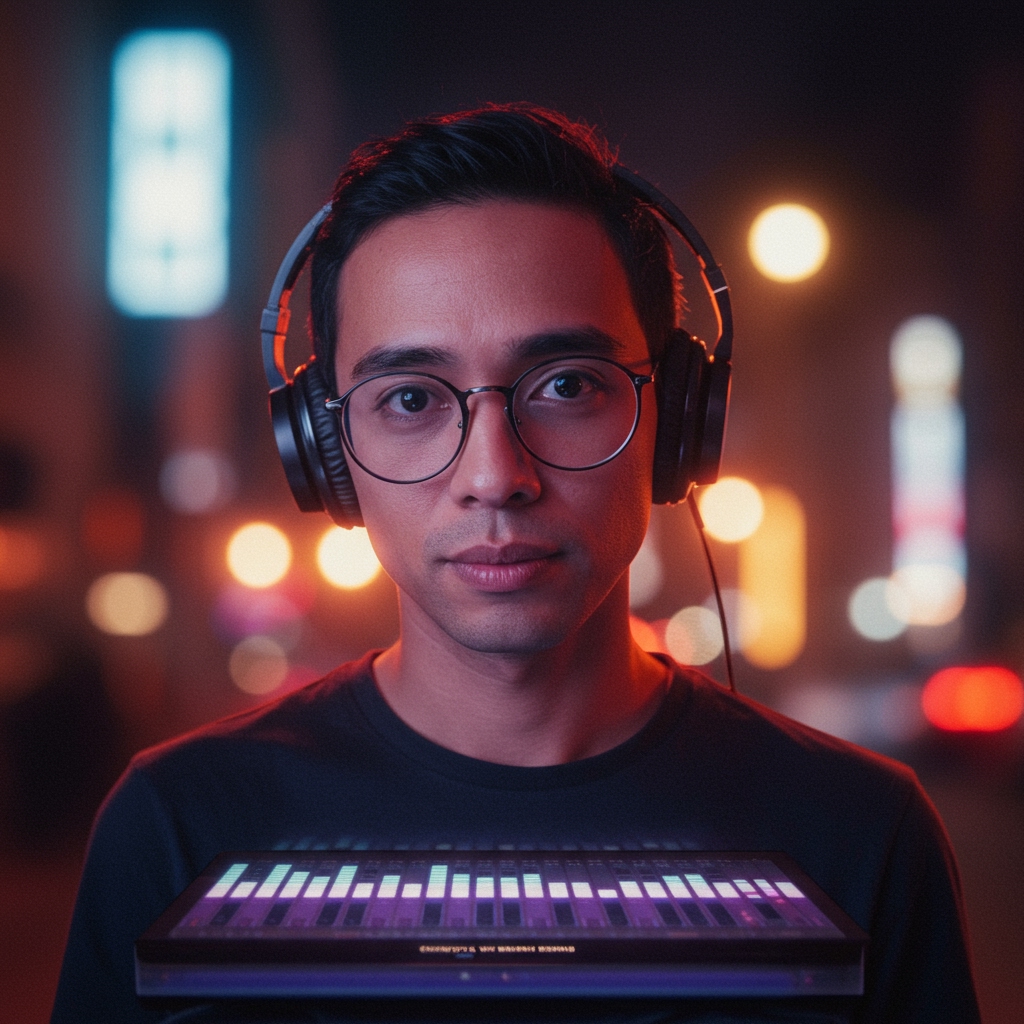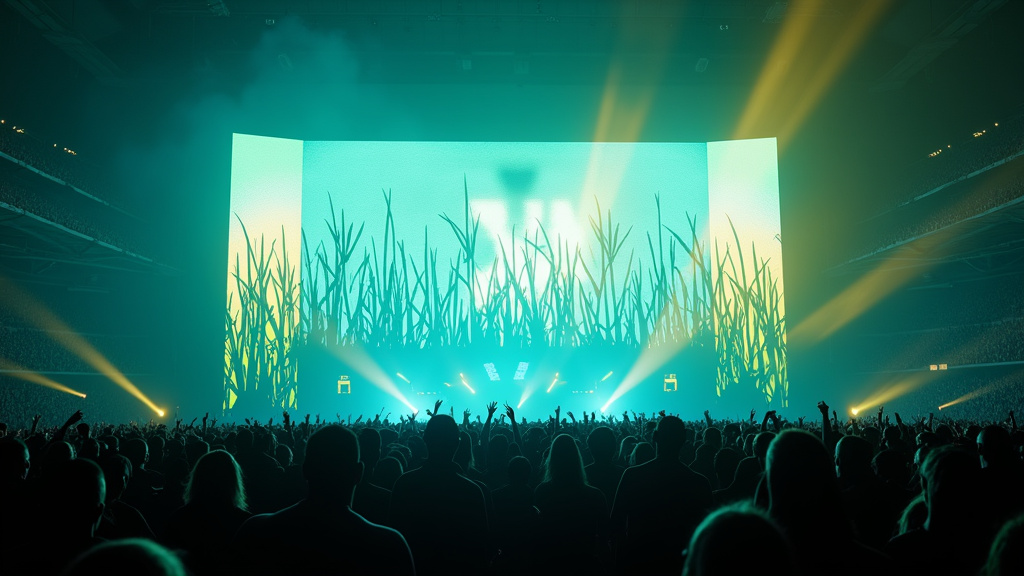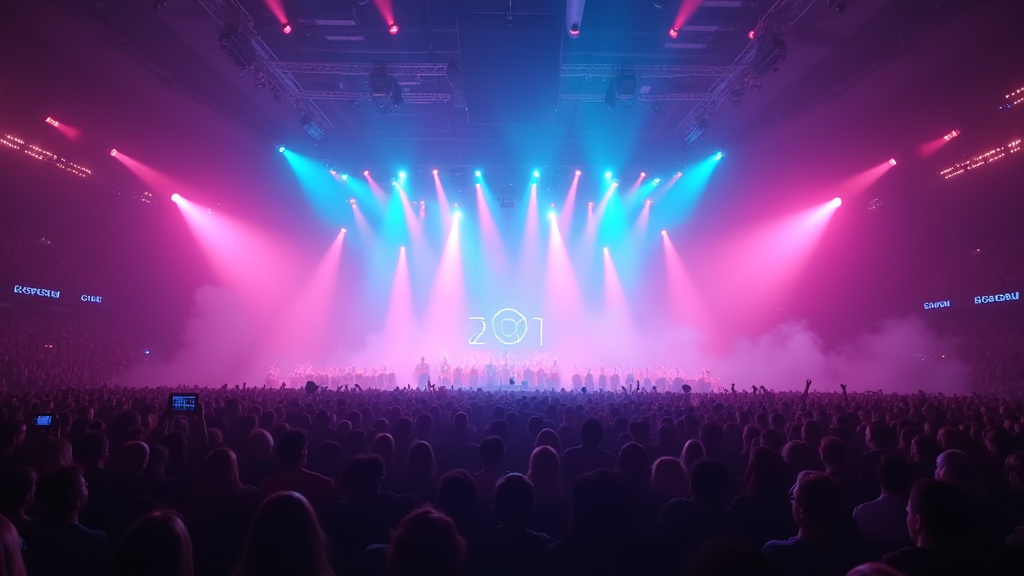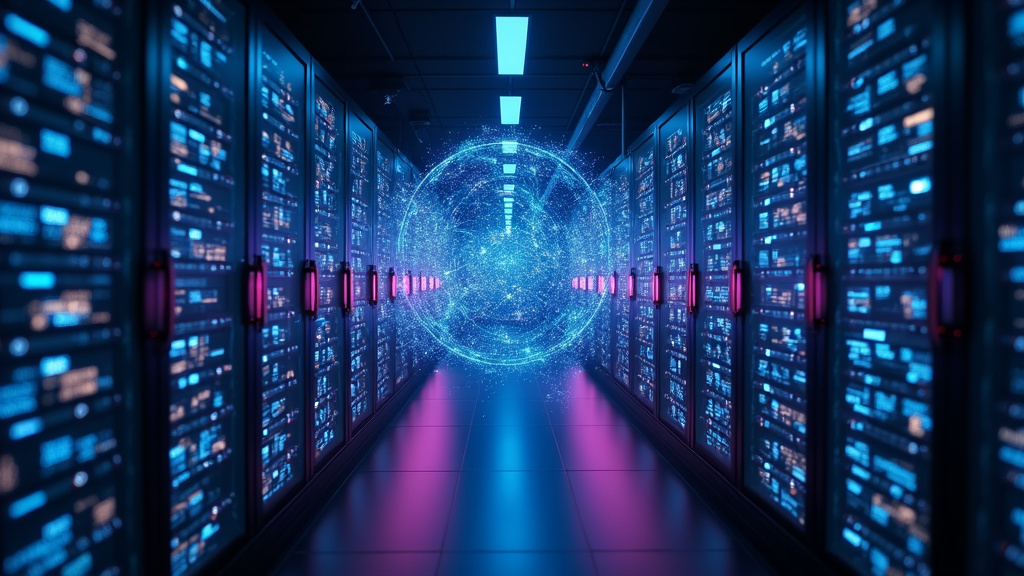InnovateCorp Unveils ‘MelodyGen’ AI Music Platform
San Francisco, CA – January 10, 2025 – Tech giant InnovateCorp officially announced today the launch of its highly anticipated artificial intelligence-powered music creation and licensing platform, dubbed ‘MelodyGen’. The unveiling took place at the company’s San Francisco campus, marking a significant step in InnovateCorp’s expansion into creative technology sectors. Designed primarily for commercial application, MelodyGen allows users to generate bespoke music tracks through an intuitive interface powered by sophisticated AI algorithms.
The platform is not only accessible via a dedicated web application but also integrates seamlessly into existing workflows through a newly released API. This API integration is expected to facilitate adoption by businesses, content creators, and media companies seeking customizable music solutions for various projects, including video production, advertising, podcasts, and background scores. InnovateCorp touts MelodyGen as a revolutionary tool that democratizes music creation for commercial purposes, offering speed and flexibility previously unattainable through traditional methods.
The Technology Behind MelodyGen
MelodyGen utilizes advanced machine learning models trained on vast datasets of musical patterns, genres, instruments, and emotional nuances. Users can specify parameters such as mood, genre, tempo, instrumentation, and duration, and the AI generates unique musical compositions based on these inputs. The platform aims to provide high-quality, production-ready tracks tailored to specific commercial needs, offering an alternative to sourcing stock music or commissioning original scores from human composers. InnovateCorp emphasizes that the AI is designed to create original outputs, mitigating potential copyright issues associated with directly mimicking existing works.
Commercial Applications and Market Potential
The primary target market for MelodyGen is the expansive commercial music licensing ecosystem. This market, which includes music for film, television, advertising, corporate videos, online content, and more, is estimated to be worth billions annually. InnovateCorp sees a significant opportunity to capture a substantial share of this market by offering a fast, cost-effective, and highly customizable solution for acquiring music licenses.
The API integration is particularly critical for attracting larger media companies and production houses that require high-volume music generation and seamless integration into their existing editing and production pipelines. MelodyGen’s potential to provide on-demand, unique tracks could streamline content creation workflows and reduce dependency on extensive music libraries or the often time-consuming process of commissioning original scores.
Industry Reaction and Expressed Concerns
The launch of MelodyGen has immediately drawn significant attention across the music industry, particularly among established players in music creation, publishing, and licensing. While some have acknowledged the technological innovation, major concerns have been swiftly voiced regarding the platform’s potential impact on the broader music ecosystem. Among the most prominent organizations expressing reservations are Global Sound Group and Harmony Records, two entities with substantial stakes in traditional music creation, artist representation, and licensing.
Key Issues: Royalties and Intellectual Property
The central concerns articulated by industry stakeholders revolve around two critical pillars: artist royalties and intellectual property rights. The established music industry operates on complex frameworks for compensating artists, songwriters, musicians, and rights holders through royalties generated from sales, streaming, and licensing. The introduction of AI-generated music complicates this model. Questions loom about whether the widespread adoption of platforms like MelodyGen could devalue human-created music, potentially leading to reduced licensing fees and consequently impacting the revenue streams for artists who rely on royalties.
Furthermore, the issue of intellectual property rights for AI-generated content remains a complex and evolving legal challenge. Who owns the copyright to a track generated by MelodyGen? Is it InnovateCorp, the platform developer? Is it the user who specified the creative parameters? Or is the output uncopyrightable? These questions are not merely academic; they strike at the heart of how music is valued, protected, and monetized in the digital age. Global Sound Group and Harmony Records, holding vast catalogs of copyrighted music, are particularly attuned to the potential for devaluation and the complexities of enforcing rights in a landscape populated by AI-generated works.
Impact on the Broader Ecosystem
Beyond royalties and IP, concerns extend to the broader music licensing ecosystem. The introduction of a powerful AI tool capable of generating music on demand could disrupt established business models for music libraries, stock music providers, and even independent composers and session musicians who earn a living creating music for commercial purposes. There are worries that companies may opt for potentially cheaper, faster AI-generated music over commissioning human artists, impacting employment and creative opportunities within the industry.
Stakeholders are also questioning how performance rights organizations (PROs) and collection societies will handle AI-generated music within their existing frameworks for royalty distribution. These organizations are built on identifying and compensating human creators and rights holders, and the advent of AI music presents significant administrative and legal challenges to their operations.
Looking Ahead: Dialogue and Adaptation
InnovateCorp maintains that MelodyGen is intended to be a tool for creators and businesses, not a replacement for human artistry. However, the immediate and strong reaction from parts of the music industry underscores the significant disruption potential perceived by established players. The launch of MelodyGen is likely to intensify ongoing debates about the role of AI in creative industries, the future of work for artists, and the need for updated legal and economic frameworks to address AI-generated content.
Industry analysts predict that the coming months will see increased dialogue – and potentially conflict – between tech companies developing AI creative tools and the traditional creative industries grappling with their implications. The future of the multi-billion dollar music licensing market appears poised for significant transformation, driven by technological innovation but simultaneously facing substantial challenges related to fairness, compensation, and the fundamental definition of creative work and ownership in the age of artificial intelligence. The outcome will likely shape not only the music industry but serve as a case study for other creative sectors facing similar AI-driven disruption.





